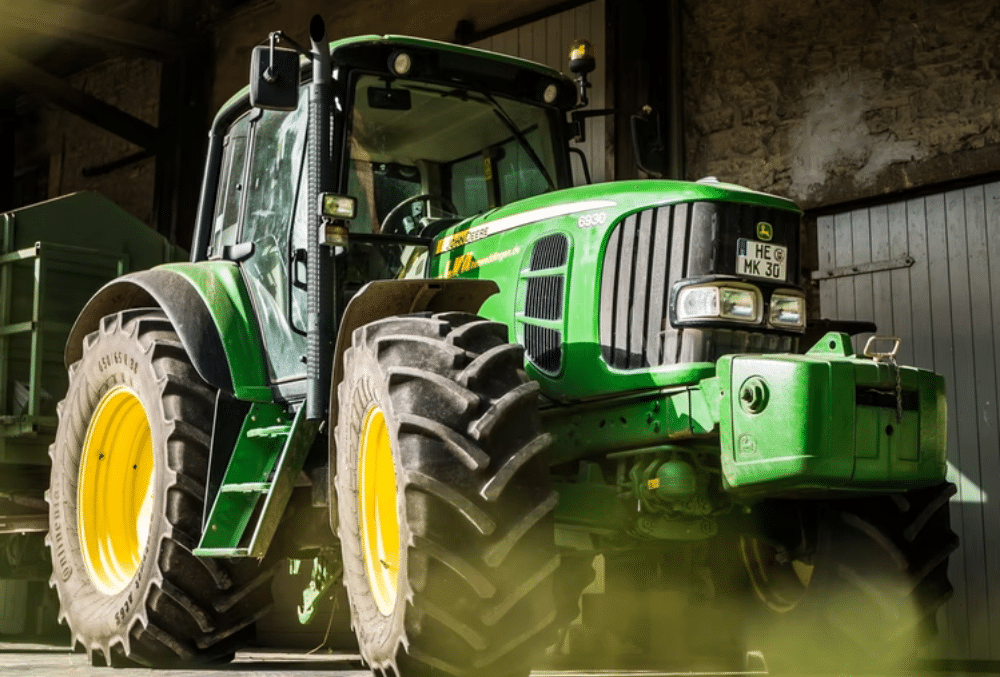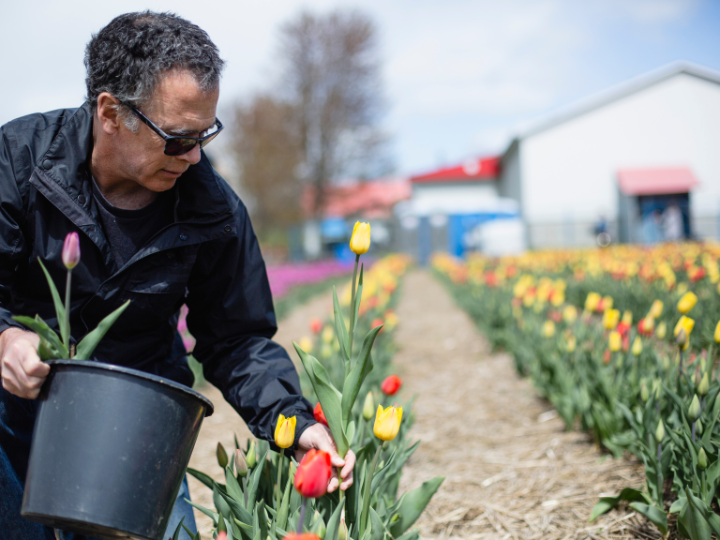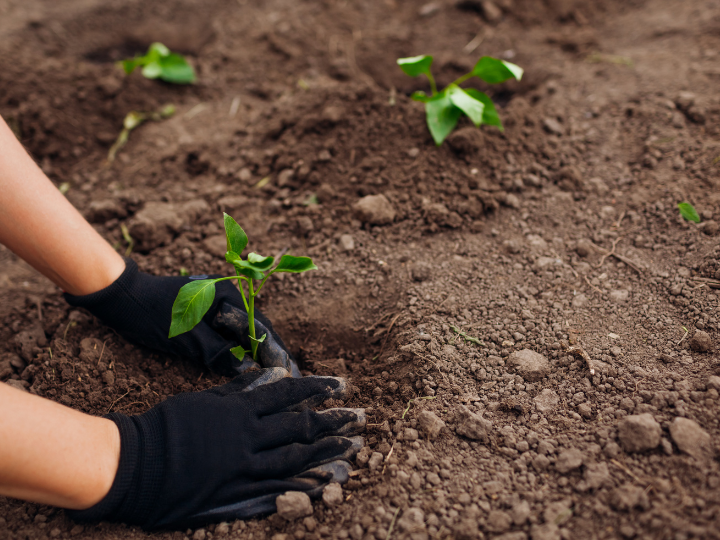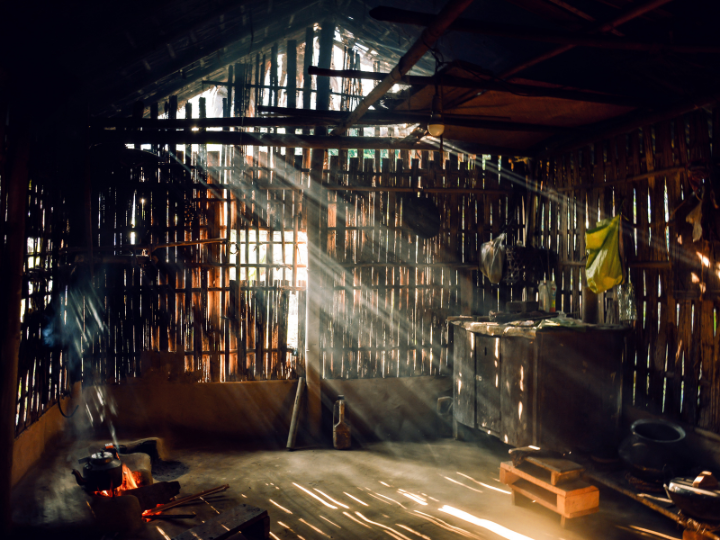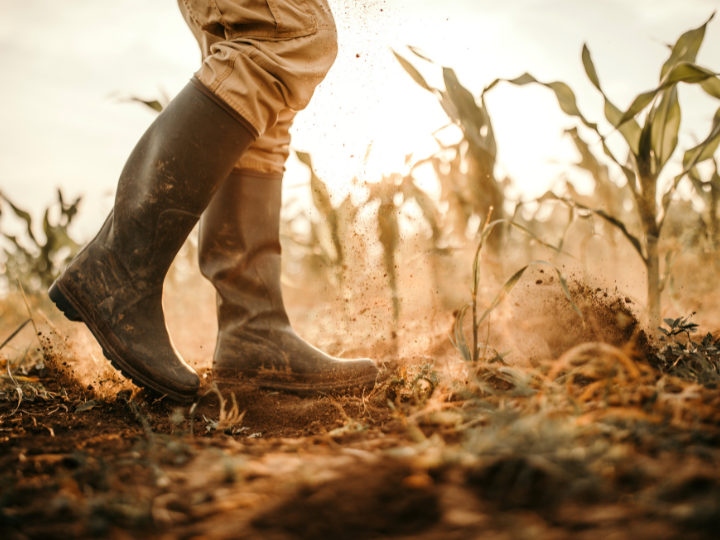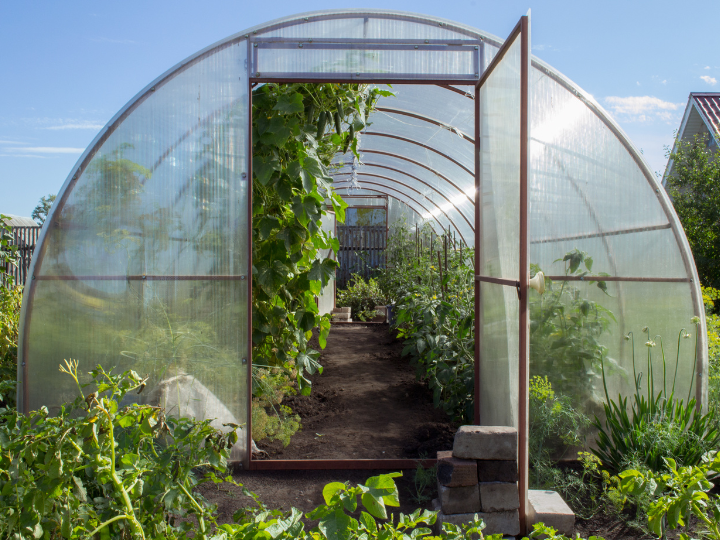Why It’s Important to Winterize Your Tractor and Other Equipment
October, 21 2021
Today’s farms come in many shapes and sizes. Dairy farms, livestock, cash crops, greenhouses, and hobby farms are some common examples of farms in Canada. These farms can be large and expand over hundreds of acres, or they may be small farms that are managed as part of a hobby. Regardless of the size or purpose of a farm, experts at Duliban Insurance understand the risks involved in running a farming enterprise.
Some sectors of agriculture in Canada have grown in recent years, while revenue has been stagnant. In order to profit and compete in a traditionally difficult economic margin, taking care of your agricultural investments is key to business longevity and having a profitable return on investments. As with any other business, a farm comes with financial risks, and the costs to set up and maintain a farm are significant. The best way to maintain a smooth agricultural operation is to reduce risks to a manageable level. Equipment breakdown is an unanticipated financial expense that does not only cost you farm money in repairs, but also a loss of revenue through business operation interruptions. For crop farmers, the loss of a tractor may mean a delay in seeding or harvesting, which could be devastating to your farm. Protecting your tractor and other farming equipment helps reduce the risk of equipment failures that can have widespread costs.
Why Should I Winterize My Tractor?
Canada has the most severe winter climate season in North America. Few other places in the world combat Canada’s winter weather. Canadians experience extreme cold, blizzards, and ice storms. The moisture and cold temperatures can cause havoc on vehicles and equipment.
Tractors and cold weather do not mix well. Diesel engines are especially susceptible to the hard effects of winter. Batteries weaken, oil thickens, and gas tends to gel. These minor changes can cause major disasters to your farm equipment. Furthermore, faulty equipment can lead to disastrous effects on your farm. To protect your tractor and farm equipment, winterizing is a smart choice.
How Do I Winterize My Tractor?
Maintaining and winterizing your tractor and other farm equipment helps reduce the risk of a breakdown or malfunction. Reducing the risk of equipment breakdown can help ensure a productive farming season.
Steps for winterizing your tractor or farm equipment include:
- Check your owner’s manua While this step may seem self-explanatory, checking your equipment’s owner’s manual educates you and ensures that you know how to proceed with winterizing your equipment.
- Check your equipment’s hoses, fittings, caps, gaskets, and radiator. Check hoses for deterioration and replace any that look worn or brittle. Check filters and replace them as needed. Grease the fittings and hinges to ensure smooth operation of your equipment.
- Check your fuel tank. Do not let moisture get into your fuel tank and corrupt your tank. A fuel stabilizer is a good idea, but you should also fill your fuel tank to minimize air being exposed to the fuel.
- Add antifreeze. Winter in Canada can consist of extreme temperatures. Water in the cooling system can freeze and damage the lines in your tractor.
- Check Tires. Look at your tires for signs of brittle rubber, holes, or other damage. Use your owner’s manual to check the appropriate tire pressure level. Adjust them accordingly.
- Storage. Your tractor should be kept in a location that is sheltered from the elements.
Overall, use your tractor sparingly in the winter, and with caution.
Winter in Canada
Winter enters Canada around November every year. This means the sooner you winterize your tractor, the better. In November, the cold winds come, bringing with them wind chills and freezing temperatures. The farther north you operate, the colder winter will be. January is considered the coldest month and temperatures in the northern parts of Canada can reach -35 degrees Celsius. February weather is extremely snowy. Nonetheless, these extreme temperatures and wet climates are manageable if you properly winterize your farm equipment.
Costs of Farm Equipment
The hardened Canadian may be remiss to overlook winterizing tractors and other farm equipment. Should your tractor breakdown due to lack of maintenance, the cost to rent a tractor while yours is being repaired can cost $122 per hour. Many farms operate for long hours and varying days, so this expense will add up very quickly and cut into your farm profits.
Other farm equipment which can improve longevity through proper winterized care include:
- Combine
- Grain auger
- Harvester
- Mower
- Baler
- Cultivators
The purchase price of a medium tractor is $455,000, while a large tractor will cost $530,000. The cost of these tractors is a high business expense that will cut into profits and yields. Due to the cost of these tractors, taking the extra time to winterize and protect this equipment from harsh winter conditions will preserve your investment and protect the longevity of your equipment and your farm.
Tractor Insurance
In addition to regular care and preventative maintenance, consider talking to a Duliban Insurance representative about the proper insurance coverage for your farm equipment. Depending on your needs and the specific terms, additional protection may be found through farm equipment breakdown coverage. Most insurance will not cover damages caused by rot or lack of maintenance, however.
For those with small hobby farms that are mainly for personal or rural use, Duliban also offers Tractor Insurance coverage. For as little as $17 per month, Tractor Protect can help safeguard your personal tractor.
To find out more about caring for and protecting your tractor and small farm, contact one of our experts at Duliban Insurance today. Our telephone number is (855) 835-4226, or you may email us at [email protected].
Article Resources:
